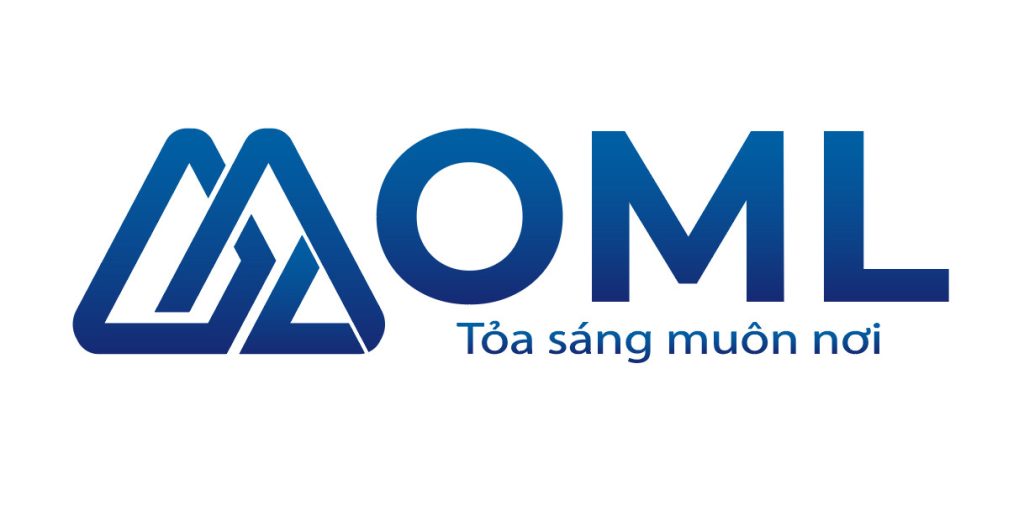Chưa được phân loại
The Evolution of Regulatory Frameworks for Online Casinos
The Evolution of Regulatory Frameworks for Online Casinos
The online gaming industry has undergone significant changes since its inception in the mid-1990s. From a relatively unregulated market to a multi-billion dollar industry with stringent regulatory frameworks, online casinos have had to adapt to changing laws and regulations. This article will explore the evolution of regulatory frameworks for online casinos, highlighting key milestones, challenges, and future directions.
Early Days: The Unregulated Era
In the early days of online gaming, there was little to no regulation https://1xbetcrash.top governing online casinos. Operators were able to set up shop with relative ease, and players had access to a wide range of untested and often rogue sites. This lack of oversight led to numerous issues, including money laundering, identity theft, and unfair gaming practices.
The first regulatory frameworks emerged in the late 1990s, primarily in Europe. The UK’s Gambling Act 2005 was one of the earliest pieces of legislation aimed at regulating online casinos. However, these early frameworks were often inadequate, allowing rogue operators to continue operating with relative impunity.
The EU’s Role in Shaping Regulatory Frameworks
The European Union (EU) played a significant role in shaping regulatory frameworks for online casinos. In 2007, the EU introduced the Services Directive, which aimed to establish common standards for online services across member states. The directive required operators to obtain licenses from host countries and adhere to strict consumer protection regulations.
However, the implementation of the Services Directive was patchy, with some countries opting out or imposing their own set of rules. This created a fragmented market, making it challenging for operators to navigate the complex regulatory landscape.
The Rise of Licensing Authorities
In response to the EU’s efforts, licensing authorities began to emerge across Europe and beyond. These authorities, such as the UK’s Gambling Commission and Malta’s Lotteries and Gaming Authority, were tasked with issuing licenses to online casinos that met strict criteria.
Licensing authorities implemented a range of measures aimed at protecting players, including:
- Age verification : Ensuring that operators verify player age to prevent underage gaming
- Identity verification : Requiring operators to verify player identity to prevent money laundering and other illicit activities
- Fair play : Establishing standards for fair game outcomes and ensuring that games were not rigged or manipulated
The Impact of Blockchain Technology
Blockchain technology has had a significant impact on the online gaming industry, particularly in terms of regulatory frameworks. Cryptocurrencies like Bitcoin and Ethereum have enabled players to make anonymous transactions, raising concerns about money laundering and other illicit activities.
However, blockchain technology also offers a range of benefits, including:
- Transparency : Blockchain’s decentralized nature provides an immutable record of all transactions
- Security : Blockchain’s cryptographic mechanisms ensure the integrity of data and prevent tampering
- Regulatory compliance : Blockchain’s transparent nature makes it easier for operators to demonstrate regulatory compliance
Future Directions: The Role of AI and Machine Learning
Artificial intelligence (AI) and machine learning (ML) are set to play a significant role in shaping the future of online casinos. These technologies can be used to enhance player experience, improve game outcomes, and detect illicit activities.
However, the use of AI and ML also raises concerns about:
- Fairness : Ensuring that games remain fair and unbiased
- Transparency : Maintaining transparency around algorithmic decision-making processes
- Regulatory compliance : Adapting to changing regulatory frameworks as they evolve
Conclusion
The evolution of regulatory frameworks for online casinos has been marked by significant milestones, challenges, and future directions. From the early days of unregulated markets to the current landscape of stringent regulations, operators have had to adapt to changing laws and regulations.
As blockchain technology continues to shape the industry, AI and ML will play a crucial role in enhancing player experience and improving game outcomes. The regulatory framework must evolve to address these emerging technologies, ensuring that online casinos remain safe, fair, and transparent.
